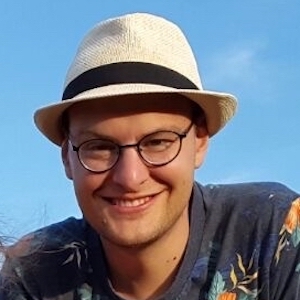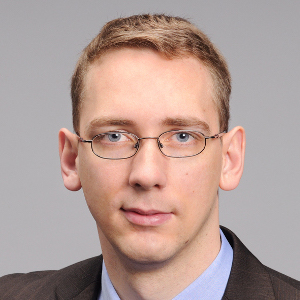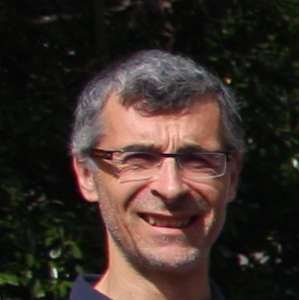Description
Description
Knowledge Graphs are designed to be easily consumed by machines, but they are not easily accessible by end-users. Question Answering (QA) over Knowledge Graphs (KGs) is seen as a technology able to bridge the gap between end-users and Knowledge Graphs. In the last years a lot of research was carried out to solve the problem of QA over KGs, but constructing a QA system over a new KG for non-expert users is still not easy.
The aim of this tutorial is to address this issue. We will show how recently developed technologies, like QAnswer and Qanary, allow constructing, customizing, evaluating, and optimizing QA systems on RDF datasets using a lightweight approach.

Schedule for June 3rd 2020
Schedule for June 3rd 2020
10:00 Starting
---10 min - Introduction and people gathering
---25 min - Keynote and introduction into the field of Question Answering (general principles and variations)
---25 min - Understanding the tasks of QA over KGs
11:00-11:30 Coffee break
---60 min - Hands-on session I: We are using QAnswer to create your own Digital Twin!
13:00-14:00 Lunch break
---30 min - QAnswer: how it works?
---15 min - Talk: Construct a Question Answering system on the Covid-19 dataset.
---15 min - Examples: other QA systems.
15:00-15:30 Coffee break
---15 min - Gathering and discussion of the participants to defined particular goals for developing an individual Question Answering system
---60 min - Hands-on session II: Construct a Question Answering System either on your dataset or on a dataset provided.
---15 min - Presentation of final results (i.e., the created Question Answering systems)
17:00 End

Dennis Diefenbach
Dennis Diefenbach
Dennis Diefenbach is a Ph.D. in the area of QA over Knowledge Graphs. Dennis Diefenbach published over 20 publications in this area in renown Conferences and Journals like the International Semantic Web Conference and the Semantic Web Journal. He is the main contributor of QAnswer, an AI driven platform to query Knowledge Graphs in natural language. An online service querying large amounts of open data can be found under http://qanswer.eu/qa.

Andreas Both
Andreas Both
Andreas Both is a professor in Computer Scientist at the Anhalt Univer- sity of Applied Science (Germany) and the Head of Research at DATEV a large business software company located in Germany. At Web-driven com- panies he has worked for many years in leading research and development positions on different aspects of modern Web technologies. In particular, data-driven processes, data integration, information retrieval applications, and web engineering topics are his fields of research. He commits himself to advance in using the World Wide Web as a knowledge base and devel- oping the next generation of Web applications to open the capabilities of the WWW for both industry and users.

Pierre Maret
Pierre Maret
Pierre Maret is a professor in Computer Science at the University of Lyon-Saint Etienne (France), Laboratory Hubert Curien, where he is lead- ing the team Knowledge Representation and Reasoning. His background is on Knowledge Management, Data Modeling and Artificial Intelligence. He has been leading the French side of the ITN Marie-Slokowska Curie WDAqua. He is also involved into scientific collaborations with industrial partners.